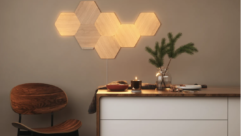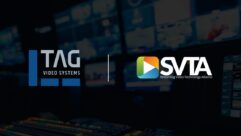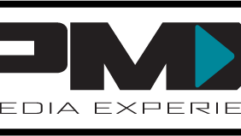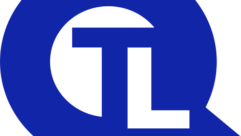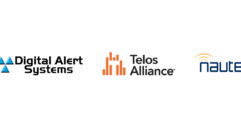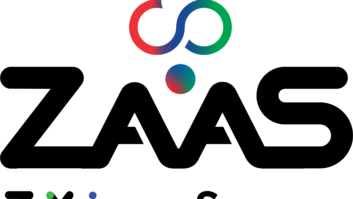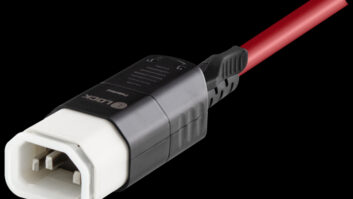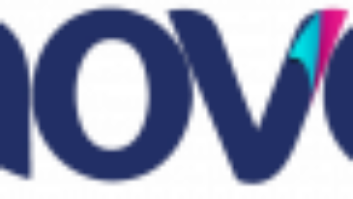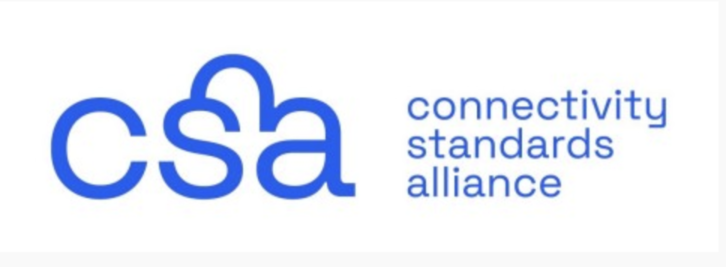 The Zigbee Alliance, which became the Connectivity Standards Alliance today and is sponsored by Apple, Google, Amazon and other tech companies–including our own Legrand–will begin certifying smart home devices later this year.
The Zigbee Alliance, which became the Connectivity Standards Alliance today and is sponsored by Apple, Google, Amazon and other tech companies–including our own Legrand–will begin certifying smart home devices later this year.
Matter, the name of the standard formerly known as CHIP (Connected Home over Internet Protocol), will connect smarthome devices to Amazon Alexa or Google Home, and provide a handy marketing logo for packaging
As reported in CNET, Tobin Richardson, chief executive of the Connectivity Standards Alliance that’s behind Matter, expects the logo to become as “ubiquitous” as the Wi-Fi logo currently is.
“As these different devices become more complex networks, it’s all the more important that they’re all talking the same language,” Richardson said. “That mark will be a helping hand to make sure that you can add whatever lightbulbs, whatever door locks, whatever you want to add.” Richardson made the comment in an interview ahead of a Matter press event on Tuesday.
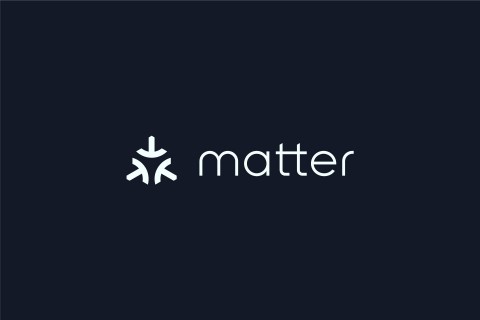
CHIP (now Matter) was unveiled in 2019, it “employs the internet’s core technology to smooth over the complexities of connecting smart-home devices”. The technology allows users to control lighting, heating, home theaters, video doorbells, door locks and alarms through smart speaker.
Matter is designed to unify the network domain, ensuring devices will work with any of those three main voice control systems. It should work even if you use more than one control system. Expect Matter to arrive in lightbulbs, thermostats, door locks, garage doors, alarms, window shades and TVs.
“Matter can be used to bridge together the many different systems people have in their homes today,” said Chris DeCenzo, a smart home engineering leader at Amazon, during the press event.
Developers should be pleased with Matter, said Kevin Ho, Google Nest senior product manager. “The smart home can’t grow if each device maker has to develop products that work for each ecosystem protocol,” he said, adding that Google will detail Matter developments at its Google I/O conference that starts May 18.
Matter allies developed their technology within the Zigbee Alliance, a group founded to work on the low-speed but energy-efficient Zigbee network technology that’s used in some smart-home devices such as smart lightbulbs and alarm sensors. That group renamed itself the Connectivity Standards Alliance on Tuesday to reflect its mission beyond Zigbee.
The allies have been developing Matter technology as a royalty free, open-source project on GitHub. In the last two weeks, they ratified the specification, a key step in letting device makers get to work on certification and making Matter support easier for developers.
Matter should make setups more streamlined, said Michelle Mindala-Freeman, who runs marketing for the alliance. Setup codes should let you link up your devices without having to download apps or link to cloud services.
Matter also should lower barriers between different smart-home ecosystems so you don’t have to worry whether a new product will work within your smart home setup. It “breaks down the walls of the walled garden,” Mindala-Freeman. Yeah, walled gardens.
As CNET pointed out in their analysis, to succeed, the Matter allies also will have to convince us the technology is trustworthy, not just simple. Privacy is top of mind with iPhones now cracking down on app tracking.
“We still have a long road ahead in terms of building the trust,” Richardson said. “You have to earn it.”
Availability
In early May, the feature-complete base specification was approved by the Matter Working Group. Reaching this milestone gives Members a definition of the major features to build out the open-source implementation and test the specification.
With this, the project is currently on track to see first devices through certification in late 2021, depending on manufacturer go-to-market plans. Devices targeted for launch include lighting and electrical (e.g., light bulbs, luminaires, controls, plugs, outlets), HVAC controls (e.g., thermostats, AC units), access controls (e.g., door locks, garage doors), safety and security (e.g., sensors, detectors, security systems), window coverings/shades, TVs, access points, bridges and others.
Members poised to be early adopters of Matter include: Amazon, ASSA ABLOY, Comcast, Espressif Systems, Eve Systems, Google, Grundfos Holding A/S, Huawei, Infineon Technologies, LEEDARSON, Legrand, Nanoleaf, Nordic Semiconductor, NXP Semiconductors, Qorvo, Resideo, Schlage, Schneider Electric, Signify, Silicon Labs, SmartThings, Somfy, STMicroelectronics, Texas Instruments, Tuya Smart, ubisys, Wulian, and Zumtobel Group.
Companies interested in accessing the specification and building devices with Matter can join the Connectivity Standards Alliance.


